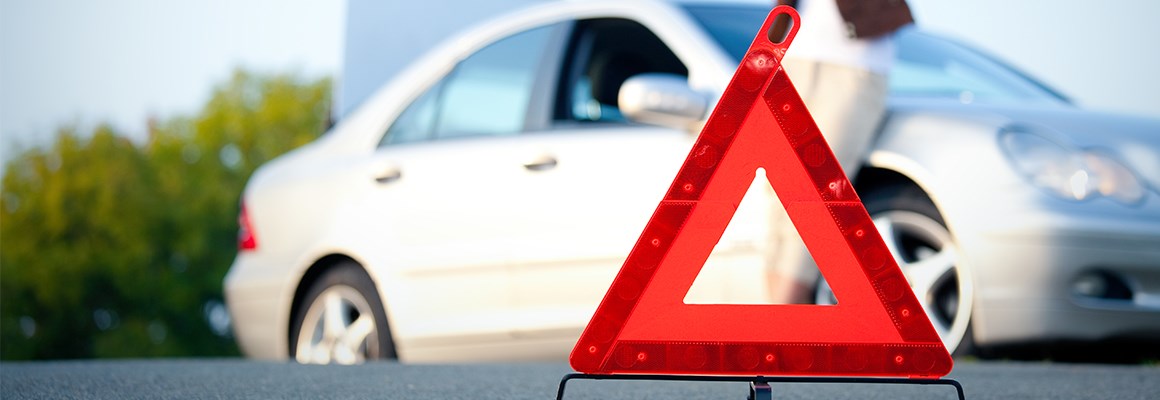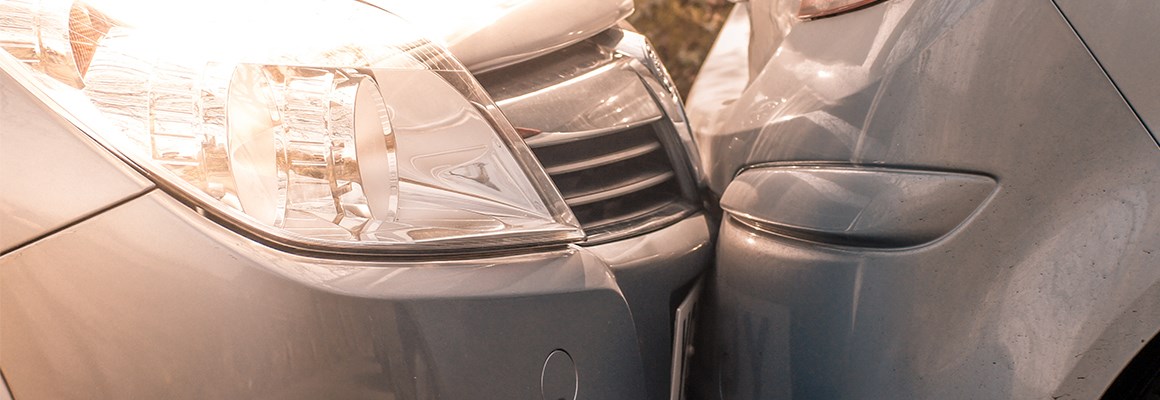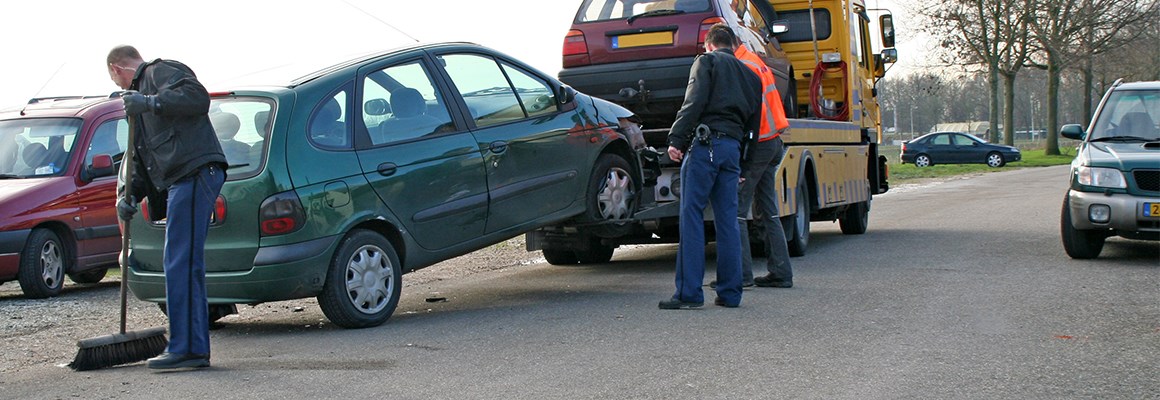4 Important Steps to Take After You’re In a Car Accident
Car accidents can be shocking and stressful, and as a driver they can really knock your confidence.
Car accidents are relatively common in the UK. In 2019, there were 117,536 reported accidents across the country — all varying in severity.
Whether the accident was your fault or not, there are a few things that you should do in order to ensure that you handle the situation properly.

1. Stop the car
The very first thing to do after any accident is to stop, no matter how minor it is.
Then, remove yourself from danger as quickly as possible. Start by turning your engine off and putting your hazard lights on to alert other motorists.
Then, leave your vehicle and stand in a safe location well away from it. This is particularly important if you’ve had an accident on a high-speed road as it will minimise the chances of you being hit by another vehicle.
What if somebody is injured?
If somebody is injured or trapped in a vehicle following an accident, call 999 immediately. Do not move the person unless told to do so by the emergency operator.
Reassure the patient as best you can, and try to keep them warm and comfortable while you wait for the emergency services to arrive.
When should you call the police?
You should notify the police of an accident within 24 hours of it occurring, as per Section 170 of the Road Traffic Act 1988. You should also inform the police immediately if an accident took place on a motorway, there's damage to street furniture, or if a road is blocked.
Remember: only call 999 in an emergency – 111 will suffice in non-emergency situations with no police involvement.

2. Collect the other driver’s insurance details
Whether or not a car accident is your fault, you need to make sure you exchange the following with the other driver:
- Insurance details
- Registration numbers
- Names and addresses
It’s also worth taking a note of:
- Names, addresses and registrations of any witnesses
- Details of any police officers at the scene
- Date, time and weather conditions when the accident occurred
If the police are involved, you’ll need to provide your insurer with a police incident number, so be sure to jot this down.
Should I say sorry?
You should avoid apologising or saying sorry to the other driver, even if you feel like you want to. There is a process for determining fault, so it is best to let the experts handle this – even if you are certain you were at fault. Be polite to the other driver, ensure anyone involved is ok and refrain from discussing what has happened.
If you give a police statement or when you call your insurance company, stick to the facts. Simply tell the story to the best of your recollection — the police and the insurance companies will review and figure out who really carries the fault.
What if the other driver doesn’t have insurance?
If an accident you’re involved in is caused by another motorist, their Car Insurance policy will usually cover the cost of repairing any damage to your vehicle and any medical expenses.
However, if you’re hit by an uninsured driver, your insurer will need specific information to help their investigation.
Although the information needed varies between insurers, you should get the following:
- Photographs
- Witness accounts
- The vehicle registration, make and model
- The driver’s details, including their name and address
Find out more about what happens if you are involved in an accident with an uninsured driver.

3. Photograph the scene
If it’s safe to do so, take some photographs of the scene of the accident. Photograph all vehicles involved thoroughly, as well as marks left on the road or damage to lamp posts, bollards or the central reservation.
It could also be useful to take photographs of the weather or bad road conditions.
What if you have a dash cam?
Being able to supply dash cam footage of an accident to your insurer or the police may help you when it comes to any claims being made against you.
Dash cams are of particular use if you’re targeted in a 'crash for cash' scam.
4. Informing your insurer
Most insurers require you to report any accidents, even if you don't intend to make a claim, so be sure to inform your provider as soon as possible.
Your insurer will ask for all of the details of the crash, including the information that you took from the others’ involved.
Depending on the type of insurance you have, your insurer may also be able to rearrange onward travel for you, or even a courtesy car.
Don’t negotiate with the other driver
If the damage is minor and nobody is hurt, it can be tempting to keep the incident off record. If the other driver is pushing for you to resolve this between yourselves it may sound like a good idea, however, there can be serious consequences for doing this.
If it is a condition of your car insurance to notify the provider of any accident and you don’t – whether you are at fault or not – you could be running the risk of voiding your cover and not having a future claim paid out.
It could also end up being that the accident was more serious than it initially appeared, which puts you in a difficult position down the line. There are specific windows of time during which insurance companies require you to inform them of any accident. Once this time frame passes, you could be denied coverage for the accident.
Furthermore, if the other driver was to later file a personal injury claim, you could receive a call from your insurance company asking why you never reported the incident.
What if you suspect a 'crash for cash' scam?
A ‘crash for cash’ scam is when criminals deliberately cause road accidents in the hope of making fraudulent insurance claims. According to the Insurance Fraud Bureau (IFB), these scams are costing £340 million a year.
The IFB advises that you look out for the following signs from the other driver:
- They appear too calm, considering they’ve just been in an accident
- They’ve already noted down their insurance details before the accident even happened
- The severity of their injuries doesn’t correlate with the force of the impact
So what do you do if you’re caught up in a scam?
As you would in the aftermath of a ‘normal’ accident, make sure you write down as many details as possible about the incident and the driver, along with any photos.
Then, let the police know that you’re suspicious of a scam, and call the IFB’s Cheatline on 0800 422 0421 – any information you can offer may help them identify organised gangs of scammers.
What should you do if you’re in a car accident?
If you’re ever in a car accident, it’s important to stay calm. Although the situation can be frightening, it’s vital — and the law — that you swap details with the others involved. Knowing what to do if the situation arises can help when you are required to perform under pressure.
Consider Swinton today for Comprehensive Car Insurance.
Want to learn more?
Looking for something else?